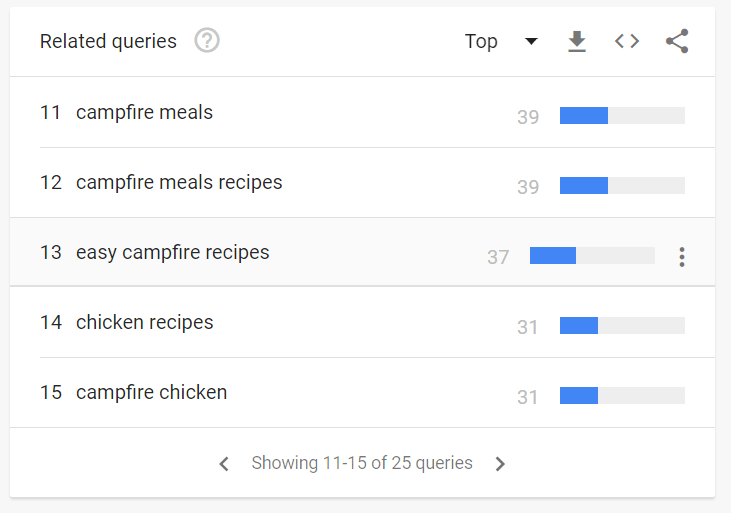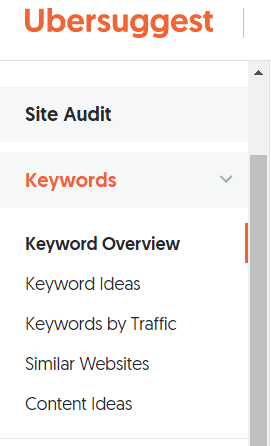
In part one of this series, we discussed some methods you can use to discover topic ideas for your business website. But what about keywords? Which ones should you use? How do you find out which ones perform better? Read on to find out how to turn a topic idea into content with great SEO when you find long tail keywords (LTK).
What Is A Long Tail Keyword
A long tail keyword is a more extended version of a short keyword that closely matches an actual search query. In other words, “long tail keywords” would be an example of a short keyword, and “how to find long tail keywords” is an example of an LTK. They should be specific to the topic you are writing about and closely resemble what someone might type in when looking for the information you provide in the content.
Once you have decided upon an LTK, you then want to work that phrase into the content a few times naturally. That doesn’t mean stuff it in as much as possible, as search engines may see the content as spammy.
How To Find Long Tail Keywords
Many free and paid tools are available to help you find the right keywords for your topic. Below are some easy free methods to get you started.
1. Make Your Keyword Phrase Answer A Question
The simplest way to turn a keyword into a long tail keyword is to make it answer a question. For example, an RV park wants to write a blog post about campfire recipes. “Campfire recipes” is a good keyword, and some people may search for those two words. More than likely, though, they are looking for a specific type of recipe. An LTK version might be “easy campfire recipes” or even “the best campfire recipes.” So ask yourself what specific question your planned content is answering and make the answer your long tail keyword.
2. Google Trends
Google Trends is a free tool provided by Google that can tell you if specific topics are trending and provide related topics as well. Using the “campfire recipes” keyword example, we can use Google Trends to find a long tail keyword in the screenshots below.

In the example above, we set the time frame to five years to see if there is a pattern. As it turns out, searches for campfire recipes go up considerably every June-August for the past five years. That tells us that this is a good topic to post about in the summertime. Next, we will want to scroll down to see Related Inquiries.

The Related Inquiries section is where you can find trending searches and top searches related to the keyword you looked up. These are actually search queries people have done. For example, if the initial keyword was for “campfire recipes,” an excellent long tail keyword could be “easy campfire recipes.”
3. Use Ubersuggest
We used Ubersuggest to search for topic ideas in the first part of this series, but you can also use this nifty tool to find keywords.
Step 1: Go to the website, type your topic keyword in, and press Search.

Step 2: On the initial page, click “Keyword Ideas” from the menu on the left.

Step 3: If your content will be a relatively short business blog post, it’s good to select “Easy” from the SEO Difficulty drop-down menu on the Keyword Ideas page. This will show you keywords that don’t have a lot of competition, so ranking high on search results will be the easiest.

Step 4: Look for a good long tail keyword with a high search volume with an “Easy SEO Difficulty.”

As you can see from the screenshot above, “dinners when camping” may be an excellent LTK for the topic of campfire recipes. It also lends itself well to a title such as “Try These Campfire Dinners When Camping This Summer.”
Let Big Rig Find Long Tail Keywords While You Run Your Business
If constant keyword research sounds like a lot of work, it is. It’s also a lot of trial and error when you’re first starting with it. Often business owners don’t have time to pour over the latest keyword trends in their industry. Fortunately, our business IS to find long tail keywords for your ad campaign, blog post, or website, so your marketing campaigns continue to operate at peak performance.
If you’re ready to have a website that increases sales, and an experienced marketing team in your corner, schedule a consultation today!